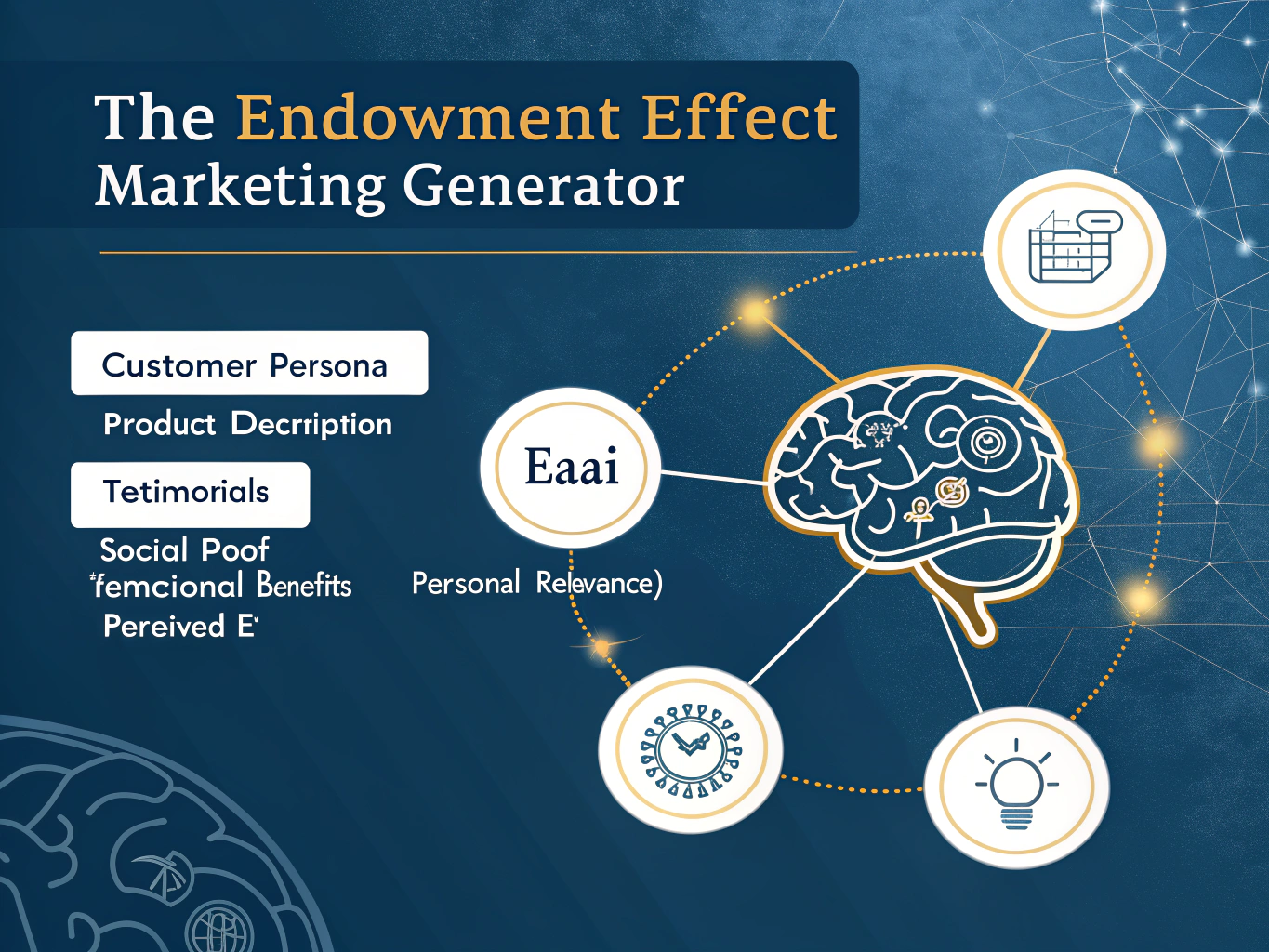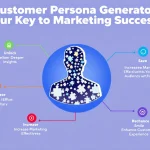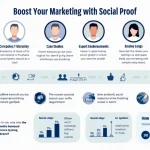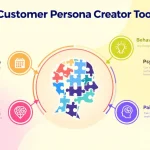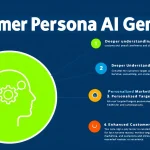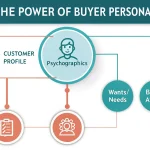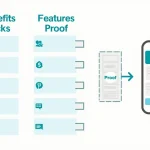Endowment Effect Marketing Campaign Generator
Is this tool helpful?
How to Use the Endowment Effect Marketing Campaign Generator
To create a compelling marketing campaign using the Endowment Effect Marketing Campaign Generator, follow these steps:
- Enter your ideal customer persona in the first field. For example: “Female entrepreneurs aged 35-45 running online businesses, tech-savvy, value work-life balance, struggling with time management, seeking automated solutions”
- Describe your product/service in detail. For example: “AI-powered social media scheduling platform with built-in content generation and performance analytics”
- Add customer testimonials if available. For example: “This platform gave me my evenings back! I’ve reduced my social media management time by 70% while increasing engagement by 45%” – Sarah M., E-commerce Owner”
- Include social proof data. For example: “Used by 50,000+ entrepreneurs, featured in Forbes and TechCrunch, 99.9% uptime guarantee”
Understanding the Endowment Effect Marketing Campaign Generator
The Endowment Effect Marketing Campaign Generator is a sophisticated tool that leverages behavioral economics principles to create powerful marketing messages. It transforms standard product descriptions into emotionally resonant campaigns that tap into the psychological tendency of people to value items more highly once they feel a sense of ownership.
The Science Behind the Tool
The tool operates on the fundamental principle of the Endowment Effect, expressed mathematically as:
$$WTA > WTP$$Where WTA represents Willingness to Accept (selling price) and WTP represents Willingness to Pay (buying price).
The Emotional Attachment Index (EAI) is calculated using:
$$EAI = \frac{(Emotional Benefits \times Personal Relevance)}{Perceived Effort}$$Benefits of Using the Campaign Generator
- Creates psychologically optimized marketing messages
- Generates personalized value propositions
- Incorporates social proof strategically
- Builds emotional connections with target audiences
- Increases conversion potential through ownership framing
Impact on Marketing Performance
The Personal Value Proposition (PVP) calculation used in the generator:
$$PVP = Specific Customer Benefit \times Unique Product Feature$$Solving Marketing Challenges
The generator addresses common marketing challenges through systematic application of behavioral economics principles:
Example Campaign Generation
Input:
- Ideal Customer: “Health-conscious millennials seeking sustainable fitness solutions”
- Product: “Smart yoga mat with posture correction technology”
- Testimonial: “It’s like having a personal yoga instructor 24/7”
- Social Proof: “15,000 active users, 4.9/5 app rating”
Output Generated:
- Emotional Appeal: “Your personal journey to mindful movement begins here”
- Ownership Language: “Experience your custom-guided practice”
- Value Integration: “Transform your space into a premium yoga studio”
Practical Applications and Use Cases
E-commerce Product Launch
Input:
- Ideal Customer: “Eco-conscious urban professionals”
- Product: “Biodegradable phone cases”
- Testimonial: “Finally, style meets sustainability!”
- Social Proof: “100,000 cases sold, saved 50 tons of plastic”
Campaign Output:
- Personal Connection: “Your daily impact on environmental change”
- Ownership Framing: “Design your sustainable lifestyle statement”
- Value Reinforcement: “Join the growing community of conscious consumers”
Service-Based Business Application
Input:
- Ideal Customer: “Small business owners seeking financial guidance”
- Service: “Virtual CFO services”
- Testimonial: “Doubled our profit margins in 6 months”
- Social Proof: “Managed $50M in business growth”
Campaign Output:
- Trust Building: “Your dedicated financial partner”
- Value Proposition: “Expert insights tailored to your business goals”
- Social Validation: “Trusted by industry leaders”
Frequently Asked Questions
What makes a good ideal customer persona description?
A comprehensive ideal customer persona should include demographic information, psychographic details, behavioral patterns, pain points, and aspirations. The more specific and detailed the description, the more targeted and effective the generated campaign will be.
How can I maximize the effectiveness of testimonials?
Select testimonials that highlight specific results, emotional benefits, and relatable experiences. Testimonials from customers who closely match your ideal customer persona tend to have the strongest impact.
What types of social proof work best?
Combine quantitative data (user numbers, ratings) with qualitative proof (awards, media mentions) for maximum impact. Industry-specific achievements and relevant certifications can significantly enhance credibility.
How often should I update my marketing campaign?
Regular updates are recommended when you have new testimonials, significant achievements, or changes in your product/service offerings. This ensures your messaging remains fresh and relevant.
Can I use the generator for different marketing channels?
Yes, the generated content can be adapted for various marketing channels including social media, email campaigns, website copy, and advertising materials. The psychological principles remain effective across different platforms.
How do I measure the success of the generated campaign?
Track key performance indicators such as engagement rates, conversion rates, customer feedback, and sales metrics to evaluate the campaign’s effectiveness and make necessary adjustments.
Important Disclaimer
The calculations, results, and content provided by our tools are not guaranteed to be accurate, complete, or reliable. Users are responsible for verifying and interpreting the results. Our content and tools may contain errors, biases, or inconsistencies. We reserve the right to save inputs and outputs from our tools for the purposes of error debugging, bias identification, and performance improvement. External companies providing AI models used in our tools may also save and process data in accordance with their own policies. By using our tools, you consent to this data collection and processing. We reserve the right to limit the usage of our tools based on current usability factors. By using our tools, you acknowledge that you have read, understood, and agreed to this disclaimer. You accept the inherent risks and limitations associated with the use of our tools and services.
